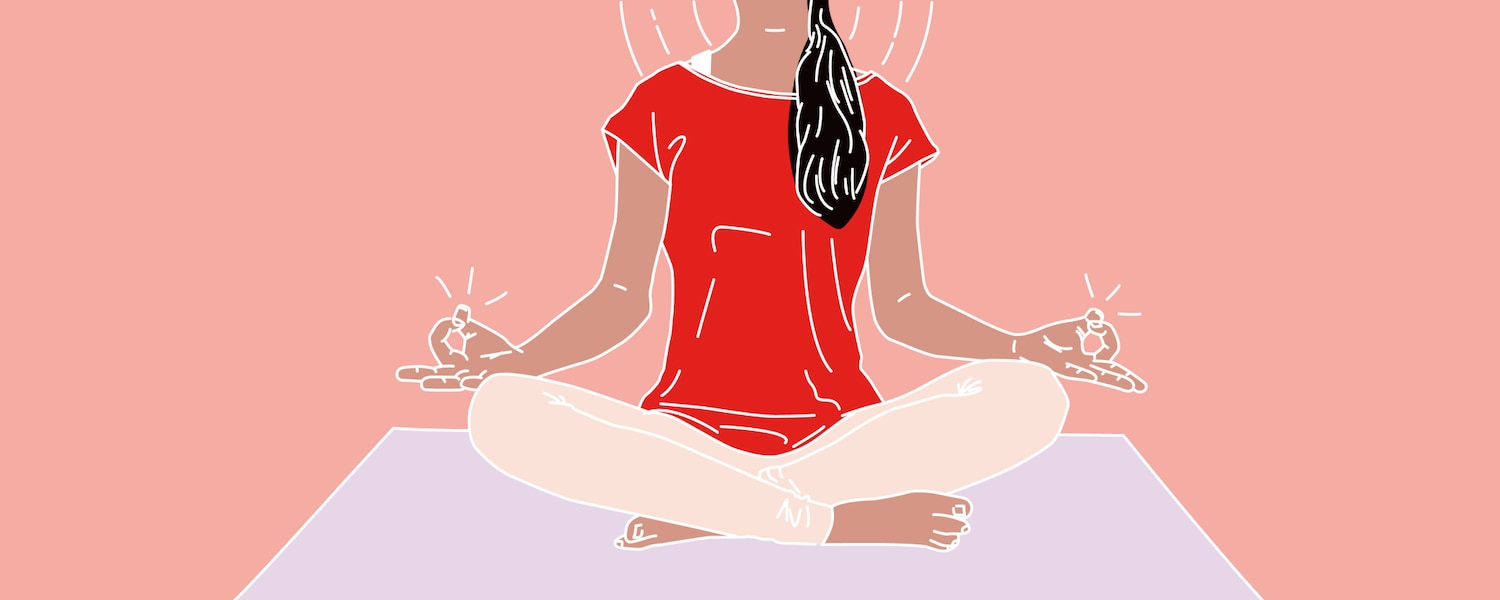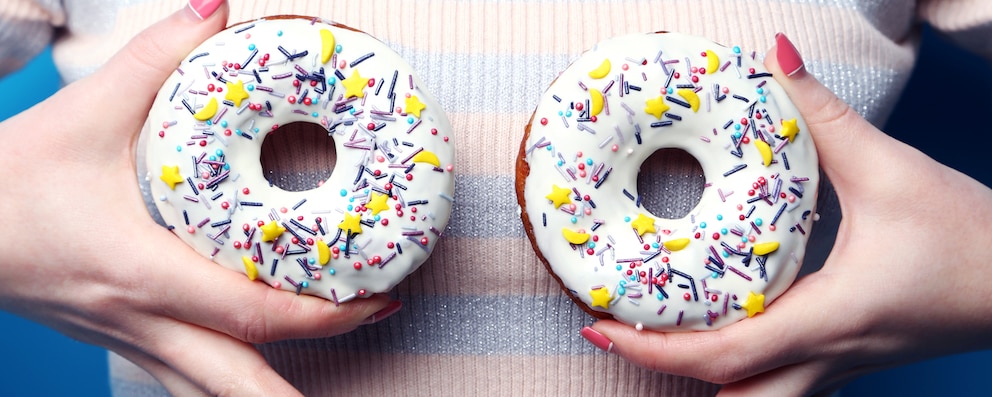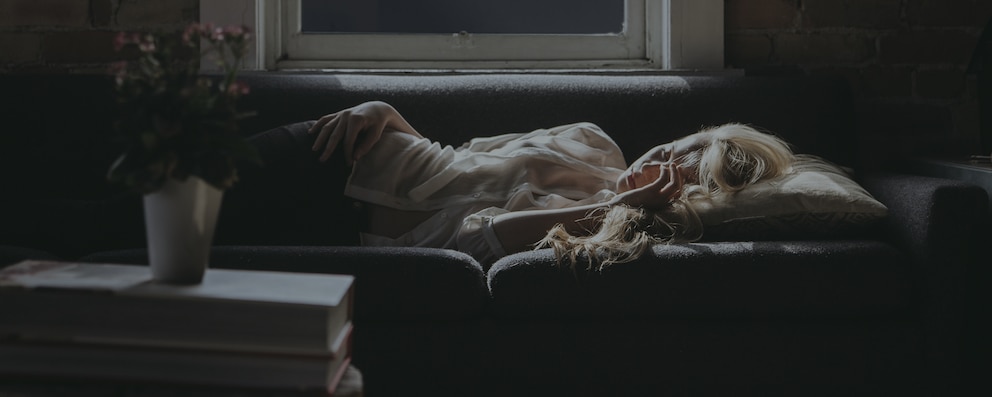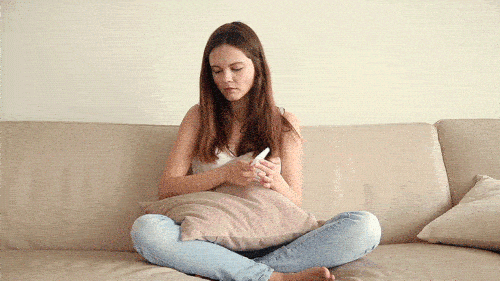Understanding the hormonal phases of your menstrual cycle

It’s day one, the beginning of your period, and it’s possible you’re so tired that the idea of making toast has you hitting the snooze button. By day 15, your mood has lifted and life doesn’t seem all that bad. Familiar? Welcome to the exciting world of hormones.
We take a look at how their levels change during your cycle, and how this affects what you do and how you feel.
You’ll have an average of 450 periods during a lifetime
You count the length of your cycle from when your period starts to the day before your next one begins. So, you’ll have an average of 450 cycles, too. The average cycle lasts 28 days, but anything from 21-40 days is normal.
Why does it feel like I’m on an emotional see-saw?
It’s not just what happens at school or home that can affect our emotions. Those things can seem perfectly stable and we still might not feel right. This is because hormones are constantly shifting throughout our cycle, and these impact the way we feel.
Imagine hormones as people (there’s a whole bunch of them – Oestrogen, Testosterone and Progesterone to name a few). Now think of them sitting on opposite ends of a see-saw. Sometimes the balance is easy to get right. Sometimes not so much. Now picture Oestrogen jumping off the see-saw, catapulting the others into the air, instantly taking with them that walking-on-sunshine feeling you had been enjoying.
Of course, being unpredictable so-and-sos,hormones don’t only affect how you feel – they play a big part in how hungry you are, how much energy you have, your concentration levels and, amazingly, your body strength. So it’s totally normal for all of these things to change throughout your cycle as the hormones come and go.

Week 1 (days 1-7)
Hey, period! Our oestrogen levels are at their lowest on day one, so don’t be surprised if you lack energy. You might get period pain in the first couple of days of bleeding, or feel a bit tired, achy or grouchy. Oh, and your boobs might feel super-heavy and/or tender.
As the days go on, your oestrogen will rise, which can make you sharper and more focused – great news if you need to get important stuff done.
Remember to go with the flow this week – when you’re tired, rest. When you’re hungry, eat. And when you want to share something, talk. It might sound like really simple stuff, but these are the things we can often forget. It’s important to remember that our body has an impact on our mind, and vice versa.

Week 2 (days 8-14)
Feeling bouncy? Thank your rising oestrogen and progesterone levels. Now the bleeding’s over (periods can last anything from 3-8 days) and your oestrogen and testosterone levels continue to rise, you’re probably full of energy.
Your libido (aka sex drive) may have increased. Which could mean the person who sits in front of you in class – the one you didn’t notice before – looks pretty hot all of a sudden.
If you’ve been telling yourself you can’t do something, now’s the time you might be feeling like you actually can. But go easy – the extra hormone buzz can heighten anxiety so surround yourself with people you trust, lay off the caffeine (no more energy drinks, sob) and try some low impact exercise (swimming, yoga etc) to keep that at bay.

Week 3 (days 15-21)
As your oestrogen levels dip you might feel slightly deflated, so this, and the rising progesterone that can drain your energy, give you the perfect excuse to veg under the covers.
By the end of the week your hormone levels rise and level out, often bringing a sense of calm and wellbeing. In a nutshell, the see-saw is balanced once more.
Ovulation is the big event this week, whichmeans you’re most likely to get pregnant now if you have unprotected sex.

Week 4 (days 22-28)
Some call this PMS (Pre-Menstrual Syndrome) week, because oestrogen, testosterone and progesterone take a sharp nosedive, often resulting in a bluer-than-usual mood.
Because of the hormone shift, your moods might be erratic – don’t be surprised if you’re suddenly irritated by something like the way a friend eats (even if it hasn’t bothered you before) or you’re screaming because you missed your bus by a nanosecond.
The sudden dip in oestrogen might disrupt your sleep, too (yup, this hormone contains sleep-regulating serotonin). But try not to worry.You’re only human, and like everyone else you’ll have highs and lows and a thousand in-betweens. Sometimes shutting out the world can do you good, so take a bath, message a good mate or just binge-watch TV. That should tip your mood see-saw back into balance.
And if something doesn’t feel right?
Continue learning



